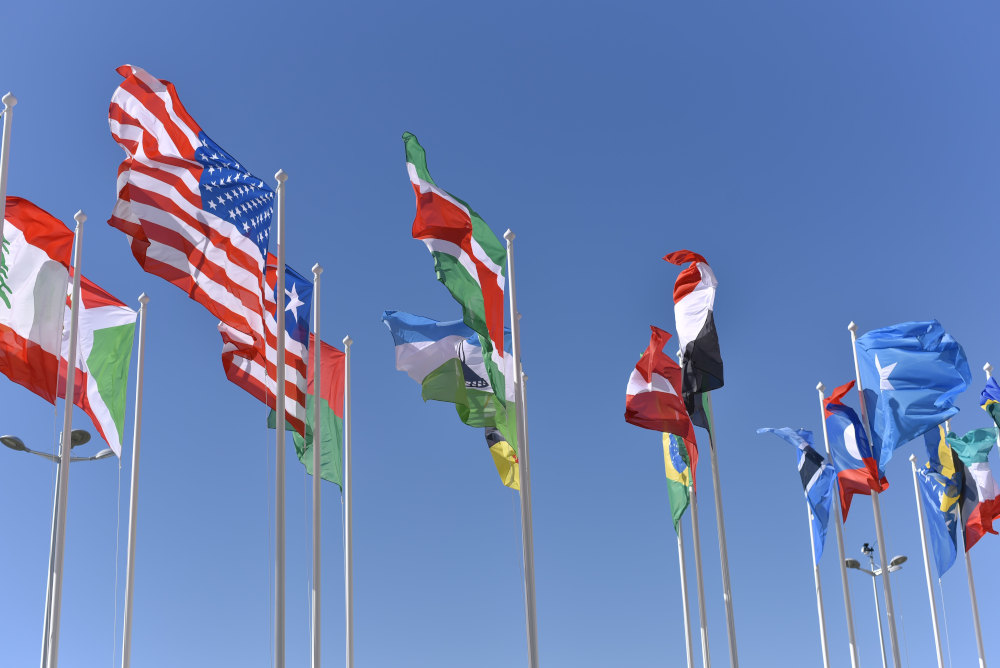If you no longer want to live in your current country, either because you don’t like the conditions or because you love the idea of living in a different country more, you might want to get citizenship in a foreign country. However, as most would-be foreign citizens quickly find out, getting citizenship in another nation is often incredibly challenging, time consuming, and expensive.
There are some ways to make the process easier. For example, in 2020, you can get Italian citizenship assistance to streamline the process of becoming an Italian citizen.
But no matter what, there will be hurdles to overcome.
So why is getting citizenship so difficult in so many countries?

Challenges in Different Countries
Becoming a citizen is easier for some countries than others, naturally. For example, earning permanent residency in Germany is extremely difficult; before you can live in Germany as a permanent resident, you’ll need to showcase that you can speak German fluently and that you have deep knowledge of its political system and culture. You must also show that you’re able to keep a steady career and contribute to the national pension plan. Before permanent residency, you must also live in the country for seven years.
Japan has similarly strict rules for people who want to become citizens. Before you can become a full citizen, you have to live in the country for five years and receive direct permission from the Justice Minister. You’re also required to fill out a number of documents—and even then, approval can take several years.
The United States is also notorious for its tendency to make obtaining citizenship difficult, even though it’s a country founded by immigrants. This process has increased in complexity and difficulty since the early 2000s, partially as a result of the war on terror. Becoming a permanent resident is difficult unless you have an approved job or a family member in the country—and you have to be a resident for five years before you can apply for citizenship. There are some special exceptions for those seeking refugee or asylum status, but these, too, can be hard to get.
Motivations for Making Citizenship Difficult
Many countries seem to make obtaining citizenship difficult intentionally, but why?
There are several possible motivations:
- Prevention of fraud. First, countries want to prevent fraud as much as possible. They want to ensure that every person living in the country is well-documented and perfectly accounted for. If the path to citizenship is more difficult, requiring more prerequisites and more documentation, it’s much harder to fool the system or slip through the cracks.
- Prevention of abuse. This is also a good way to prevent abuse. People looking to exploit different countries’ citizenships could hypothetically abuse the system by jumping back and forth between different countries, or holding citizenship in multiple countries simultaneously. Making the process challenging minimizes the possibility of this happening.
- Limitation of benefits. Some countries have very generous social benefits. For example, as a citizen of a specific country, you might be able to get access to free or inexpensive healthcare, paid vacation on a regular basis, and/or a lucrative retirement plan. Obviously, these are attractive, but they’re paid for by taxpayers. If you exploit the system by trying to take advantage of these benefits without paying your fair share in taxes, you could weaken the entire framework. Accordingly, many countries with great benefits scrutinize the people who want to gain entry, and make sure they’re able to contribute something to the country—rather than only taking from it.
- Improvement of security. In some cases, countries are motivated to increase standards for citizenship for security purposes. For example, the United States restricted immigration and permanent residency in the aftermath of the September 11, 2001 terrorist attacks; better documentation and more barriers to entry were thought to reduce the likelihood of another such attack.
- Preservation of culture. Many countries take pride in the purity or cohesion of their culture, and they don’t want it to be corrupted by outside influences. This is why some countries require fluency in a specific language and many years of residency before they allow people to become citizens.
- Ensuring commitment. Citizenship should be treated as a (mostly) permanent choice. Making the path to citizenship difficult is a convenient way to weed out people who don’t take the matter seriously.
There are some good reasons why most countries purposely make citizenship challenging to obtain, even if they seem annoying or excessive to people interested in moving abroad. If you’re truly committed to becoming a citizen of another country, consider getting citizenship assistance and streamlining the process. Otherwise, do your research and make sure you understand the full requirements for obtaining citizenship
